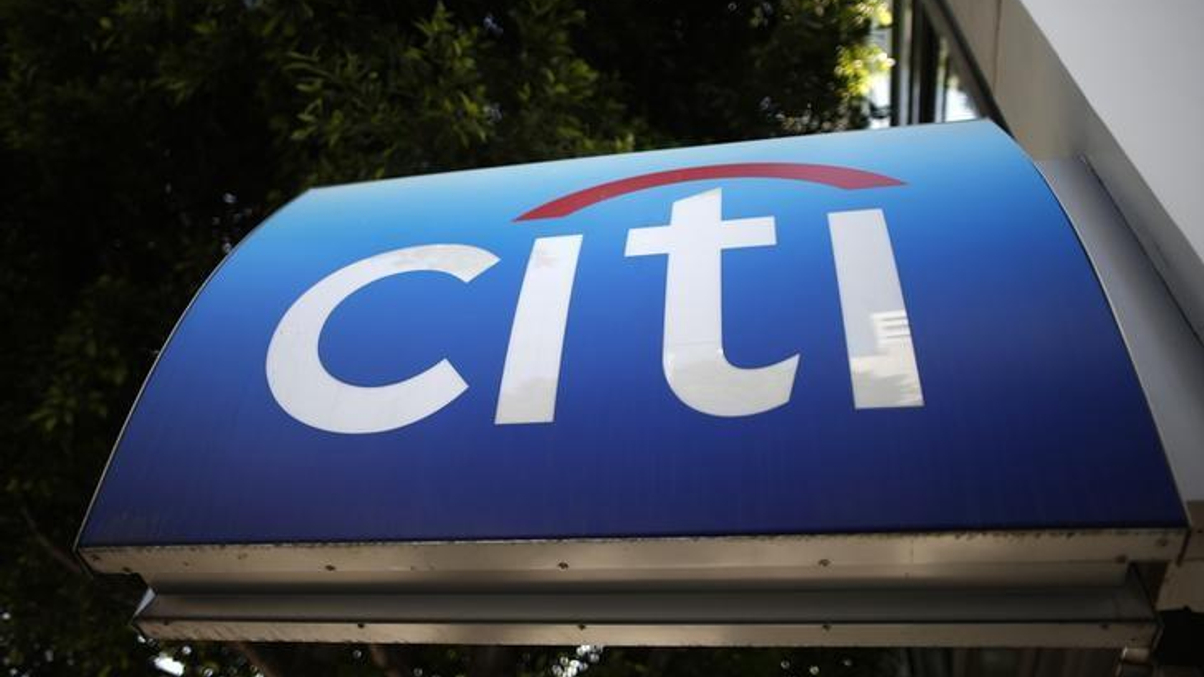Citi gives nod to China bonds, but keeps investors guessing
Citi says mainland debt is now eligible for its EM and regional government bond indexes, but has not given a time frame for inclusion, sparking more debate among fund managers.

Barclays and Citi have just taken further steps towards including Chinese bonds in some of their global fixed income benchmarks – but not the step that really counts. And as the wait goes on, more question marks are being raised about the reasons for the delay.
Sign in to read on!
Registered users get 2 free articles in 30 days.
Subscribers have full unlimited access to AsianInvestor
Not signed up? New users get 2 free articles per month, plus a 7-day unlimited free trial.
¬ Haymarket Media Limited. All rights reserved.


